Friedrich Nietzsche
Friedrich Nietzsche (1844–1900) was a German philosopher, poet, cultural critic, and classical philologist, whose ideas have had a profound impact on modern philosophy, literature, psychology, and cultural theory. Nietzsche's works challenged the conventions of morality, religion, and traditional philosophy, and he remains one of the most influential and controversial thinkers of the 19th century.
Early Life and Education:
Nietzsche was born on October 15, 1844, in Röcken, Prussia (now part of Germany). He came from a family with strong religious roots—his father was a Lutheran pastor, and Nietzsche’s early education was steeped in Christian values. However, Nietzsche's intellectual journey led him to a complete break from traditional Christian beliefs, which would become a central theme in his later works.
He studied philology (the study of ancient languages) at the University of Bonn and later at the University of Leipzig, where he developed a deep appreciation for classical literature, Greek philosophy, and the works of figures like Plato and Schopenhauer.
Philosophical Views:
Nietzsche is best known for his radical and often provocative philosophical ideas. His major concepts include:
-
The Will to Power: Nietzsche believed that life’s fundamental driving force is not survival or reproduction, as traditional biological theories suggest, but the "will to power"—an inherent drive to assert, enhance, and overcome. This idea permeates much of his work and is linked to his views on personal and societal growth.
-
God is Dead: Perhaps Nietzsche's most famous and controversial statement, "God is dead," encapsulates his critique of traditional religion, particularly Christianity. Nietzsche argued that the Enlightenment and modern science had led to the decline of religious faith and that the "death" of God left a vacuum in moral and existential terms. This, for Nietzsche, meant that humanity had to create new values and meaning for itself.
-
Übermensch (The Overman or Superman): In his book Thus Spoke Zarathustra, Nietzsche introduces the idea of the Übermensch, an individual who transcends conventional morality and societal norms to create his own values. The Übermensch is a symbol of human potential and creativity, someone who embraces life with all its challenges and contradictions.
-
Eternal Recurrence: Nietzsche posed the idea of eternal recurrence in The Gay Science and Thus Spoke Zarathustra. He suggested that the universe and all events within it might repeat infinitely, and that individuals should live their lives in such a way that they would be willing to relive the same life over and over again for eternity.
-
Master-Slave Morality: Nietzsche distinguished between two types of morality: "master morality" and "slave morality." Master morality is characterized by values such as strength, power, and nobility, which are embraced by those who are in positions of power. Slave morality, on the other hand, is rooted in values like humility, meekness, and altruism, which Nietzsche associated with the oppressed or weak. He believed that slave morality, particularly through its dominance in Christianity, suppressed human potential.
Influence and Legacy:
Nietzsche’s work was largely ignored during his lifetime, but his ideas gained widespread influence in the 20th century, particularly in existentialism, postmodernism, and nihilism. His critiques of traditional morality, religion, and modern culture resonated with philosophers like Jean-Paul Sartre, Martin Heidegger, and Michel Foucault.
Nietzsche's rejection of objective truths and his emphasis on subjective experience laid the groundwork for later philosophical developments. His thoughts on individualism, the rejection of mass societal norms, and the embrace of personal responsibility have inspired writers, artists, and thinkers across a wide range of disciplines.
Later Years and Mental Illness:
Nietzsche's personal life was marked by periods of mental and physical illness. In 1889, he suffered a mental breakdown in Turin, after which he spent the last years of his life in a state of cognitive decline, cared for by his mother and sister. Some scholars speculate that his mental breakdown was linked to syphilis, though this remains a topic of debate.
Despite his struggles, Nietzsche’s work continued to be published posthumously by his sister, Elisabeth Nietzsche, who edited and sometimes altered his writings to fit her own nationalist and anti-Semitic views. This has led to ongoing controversies over Nietzsche’s legacy, particularly with the ways his ideas were later co-opted by Nazi ideology, despite Nietzsche's own opposition to anti-Semitism and nationalism.
Death and Final Thoughts:
Nietzsche died on August 25, 1900, in Weimar, Germany. He left behind a body of work that continues to challenge and inspire. His philosophy invites individuals to question their beliefs, confront the absurdity of life, and find their own path in a world without inherent meaning.
Nietzsche’s legacy lives on, with his ideas continuing to influence philosophy, psychology, literature, and culture today. His call for humanity to create meaning in a world without God and his advocacy for the flourishing of individual strength and creativity remain relevant in modern philosophical and cultural discussions.
Comments
Contributed by

OldPik
January 7, 2024
Source
External link to sourceHave old photos?
Share your historical photographs and help preserve our collective memory.
Upload pictures

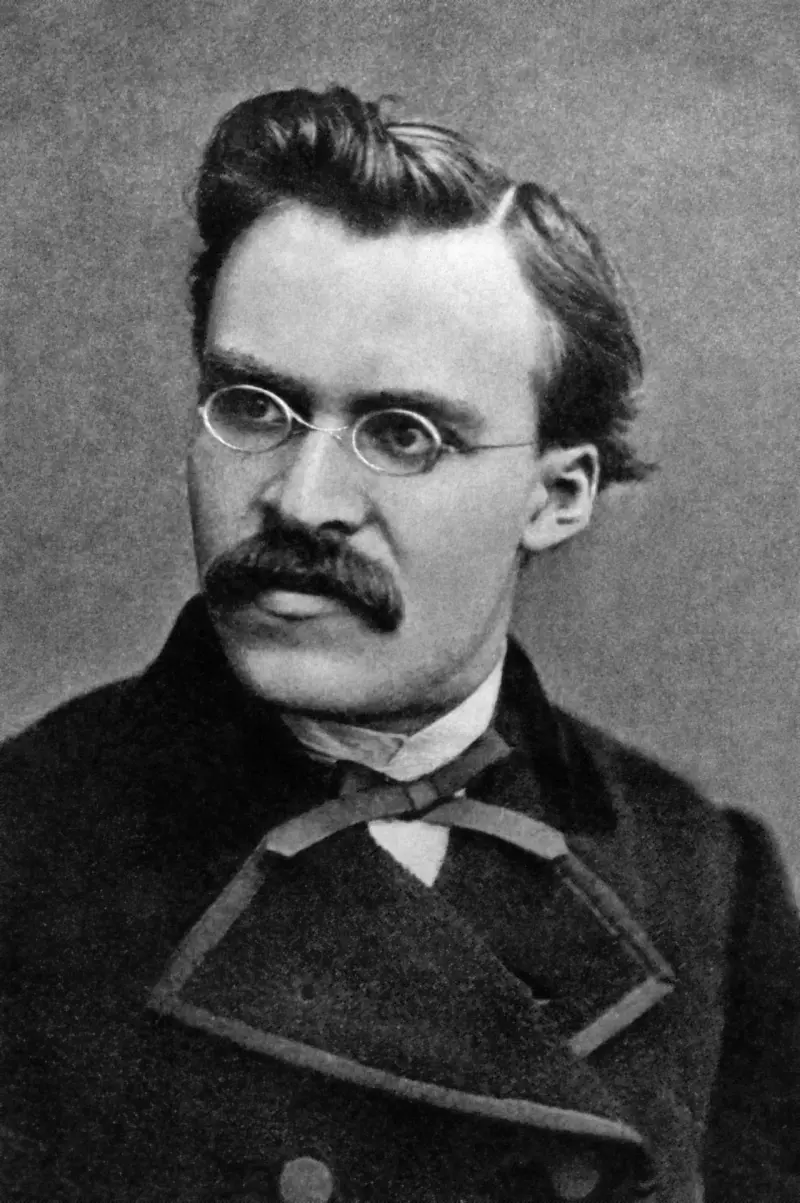

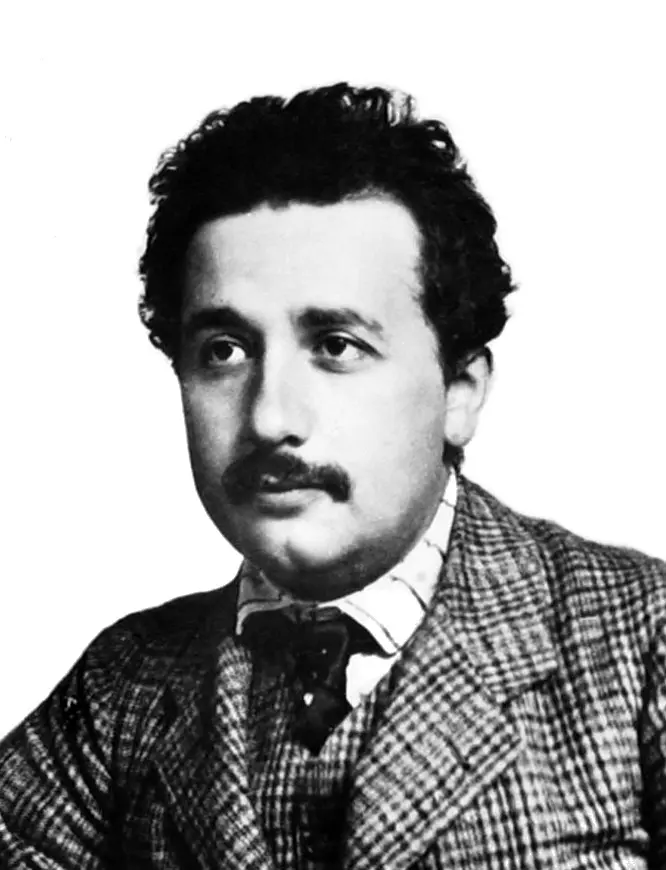
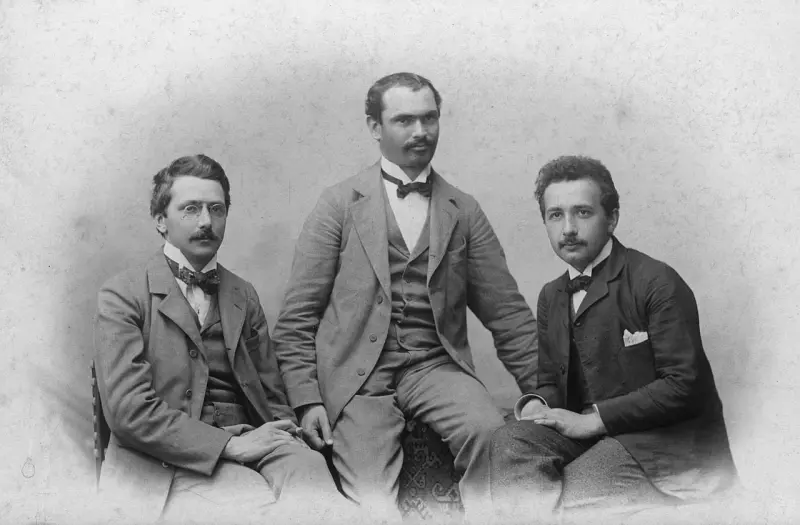
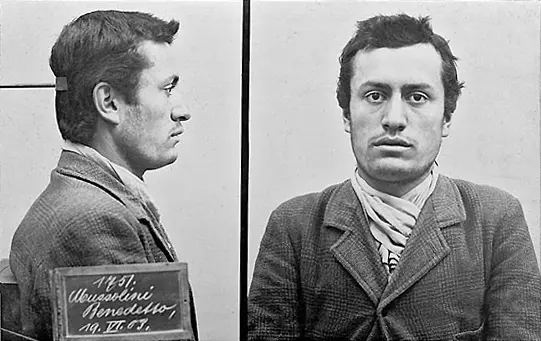

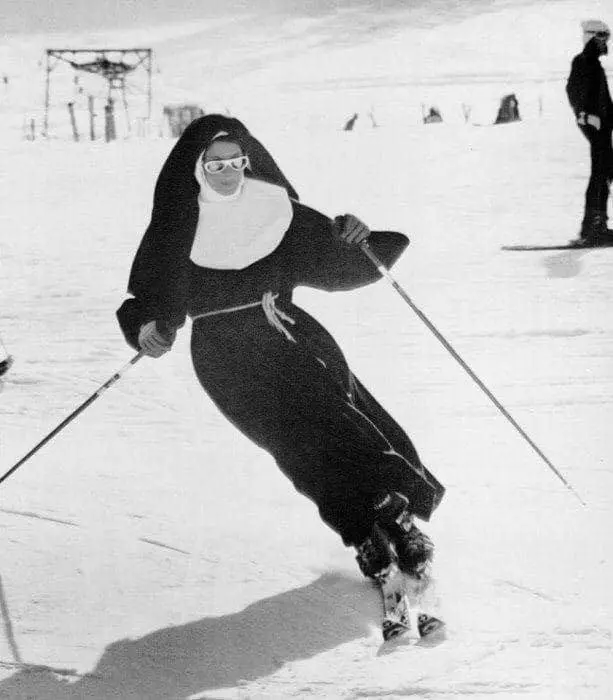



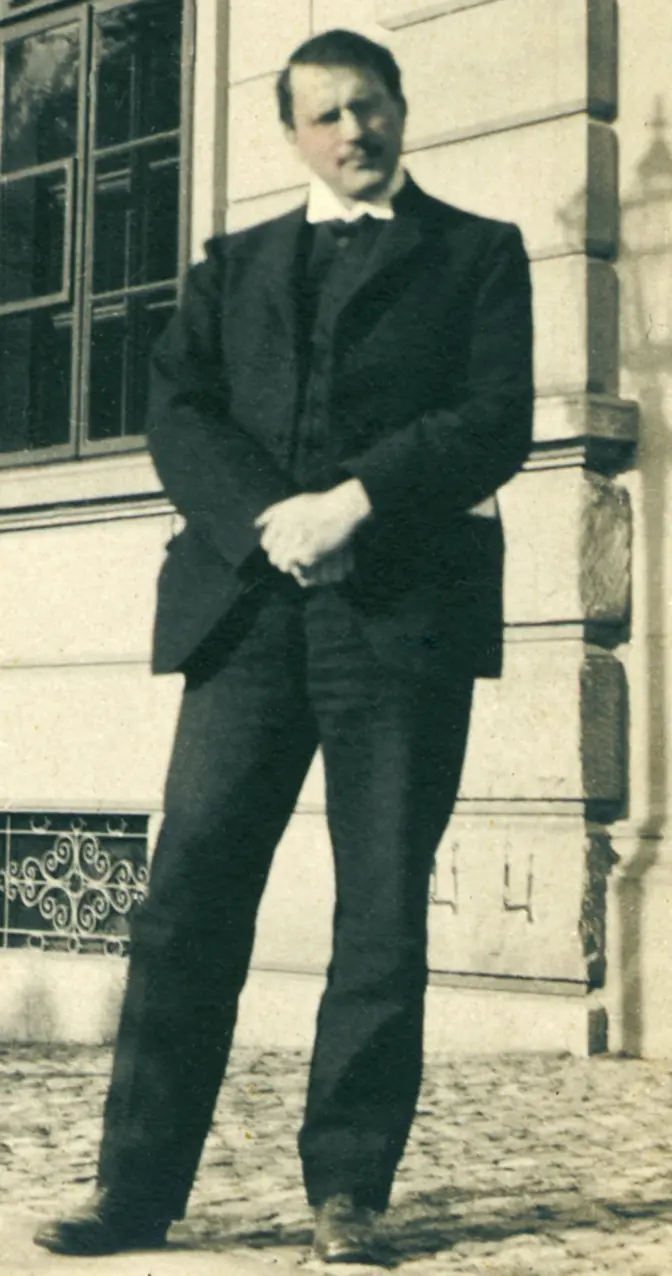

No comment yet, be the first to comment...